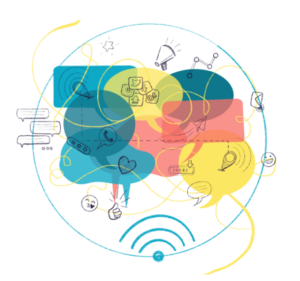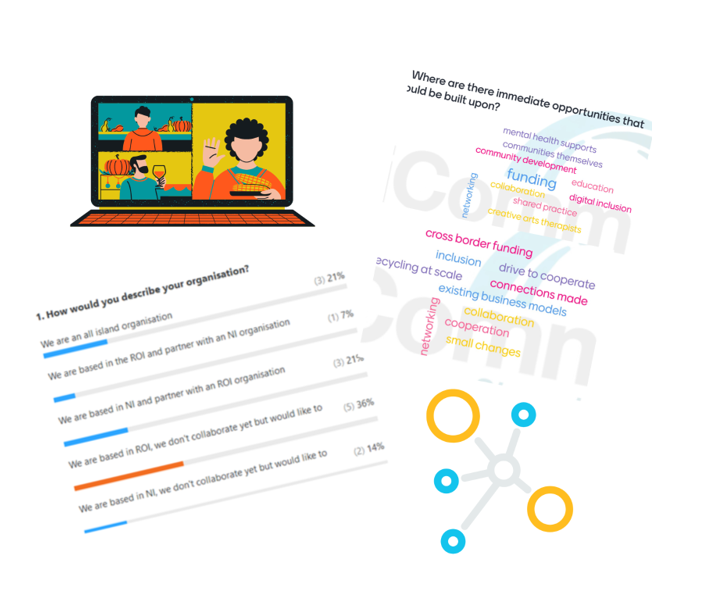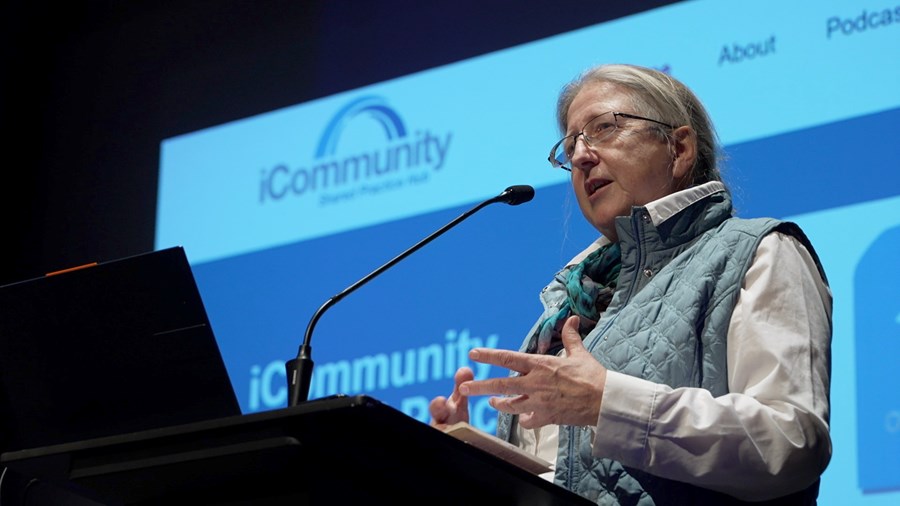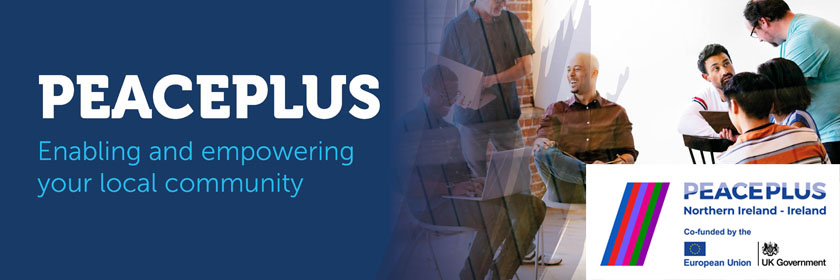iCommunity Online Engagement Events
Throughout February and March 2022, iCommunity convened a series of themed exploratory meetings for community and voluntary sector organizations from across the island. These events were discussion-based and very interactive with over 150 people attending the five sessions.

People connected on shared practices and explored common issues in both Northern Ireland and the Republic of Ireland and this networking opportunity was enthusiastically welcomed. Five themes were further dissected into their component parts and interlinked with other issues. For example, one session focused on issues highlighted by the pandemic, and what can be learned going forward.
It was noted as groups gathered their shared experiences from both Northern Ireland and the Republic of Ireland that there was much common ground. Participants from nonprofits and social enterprises focused on how inequalities they work to address became even more obvious as society mobilized to address Covid-19. Some shared specific examples, such as a lack of understanding of the impacts for older people and those living with a disability. Others looked at the decision-making around all of the people who were cocooning and what was considered essential. Many felt that this directly related to a lack of diversity around the decision-making table. For example, feeding back from a smaller group discussion a participant summarized:
“We talked about how every time we saw the big decisions made, and I noted it myself, that had you had five men with gray hair in suits making decisions for all of society, for young people, for older people, for women. An example I was given about what could be sold, was that older women couldn’t buy nylon tights because they weren’t deemed as essential, but for an older woman, they are essential as essential as the boxer shorts for a man. They’re part of the undergarments. Those decisions are made, and it’s not purposeful but for decisions to represent everybody we need representation of more than just this dynamic of people coming from a certain period in their lives, making decisions that are going to impact everybody.”
Another comment from a breakout discussion was about how the rush to online provision, while positive in terms of hybrid working and increased participation for some sections of society, and showed potential for savings to made, would need to be evaluated in when going forward as online was not the silver bullet for all. They explained:
“Some services to vulnerable groups are highly dependent on not just what is said verbally but also, maybe 70 percent, is paying careful attention to how a person is looking and presenting themselves, sensing into how they feel in a room, in a group, etc.”
While discussing the underlining inequalities of access to basic needs, such as high demand for food banks, the session also tried to draw out positives and opportunities to address such issues.
In particular, many noted how emergency responses opened new ways of working more effectively with government.
“It was much easier to go with a plan, there were opportunities, you know, to show how things could work and government were willing to be agile and to make changes, and there was a lot of common ground between people as well making sure people weren’t left behind, that you weren’t just creating another layer of government. It would be great to see that agile approach continue!”
Feedback from the events is encouraging as iCommunity develops more ways to meet. As one participant said:
“We discussed how there is a desire to really work collaboratively in our sector on an all-island basis and whether it be in-person or online – there is just great learning like you’re facilitating here. It’s brilliant, there is definitely a desire to do it.”
These online meetings have informed the five full-day workshops happening in April, May and June. See our events page for more information.




